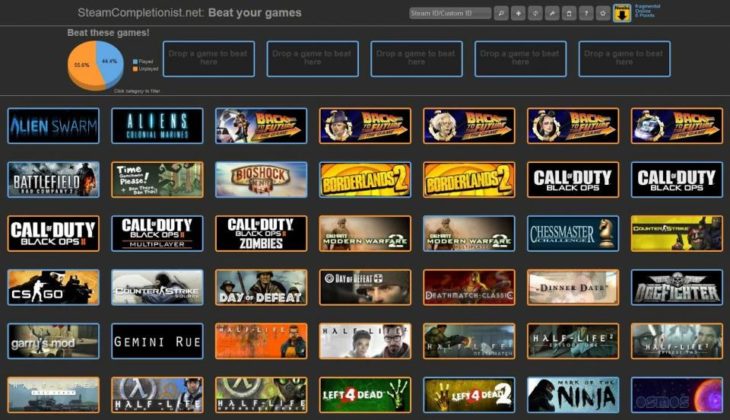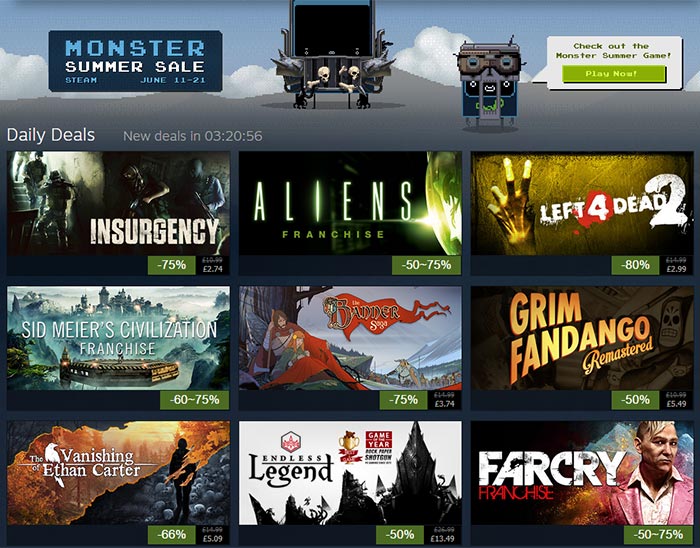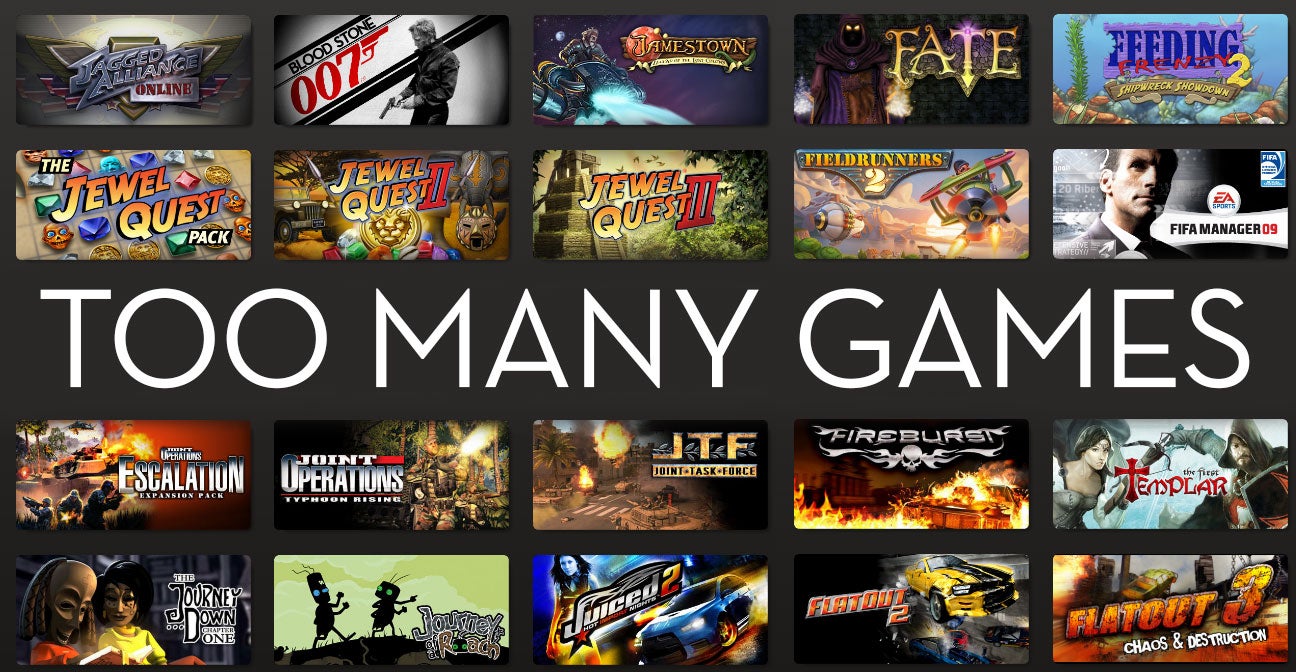
Who Owns the Game?
Steamed Over Steam
Where would the computer recreation market be while not Steam, the digital distribution platform that was developed by Valve Corporation over a decade ago? It possible would be in worse form than it’s currently, however that is to not say it’d be dangerous.

Steamed Over Steam
First, despite the continual cries that “PC recreation is dead,” the state of computer recreation is truly pretty smart and computer recreation is extremely abundant alive as a result of Steam, that conjointly offers digital rights management, multiplayer game hosting and social networking services.

Valve will take lots of the credit. Steam was the biggest digital distribution platform for computer recreation as lately 2013, and it accounted for concerning seventy-five p.c of the market house, in line with a Screen Digest report. Games purchased through Steam accounted for concerning fifteen p.c of total computer game sales for the year.
The service had over a hundred twenty-five million users by the tip of 2015. It tallied twelve.5 million synchronal users on its year’s day.
Steam has leveled the taking part in the field in many ways, supporting titles from leading publishers whereas providing a reliable platform for the invention of freelance games. while not Steam, several tiny studios would not even get an opportunity to bring their titles to plug.
Multiplayer recreation has benefited in unnumbered ways in which too.
Valve, that discharged Steam in 2003, conjointly created the platform to confirm that games would be updated and patched once gamers logged in. That helped make sure that all users had a constant version, one thing that had been a retardant with multiplayer games up to then. The platform additional created stronger antipiracy and anti-cheat measures.

It might appear that Steam is absolutely the most effective factor that went on to computer recreation — however Steam conjointly has been a curse. For families, it may be the terribly worst factor to happen to computer recreation.
What sets Steam with the exception of past services is not just the actual fact that it’s a matchmaking service for multiplayer games, notwithstanding that has been a giant a part of its success. it’s the actual fact that Steam has been able to scale back game piracy to a good extent, as a result of every and each game’s serial variety is tied to a user ID that’s needed to play the sport.
That solved a retardant that infested computer recreation for years — specifically, that one copy may be shared by friends, even uploaded on-line. With the appearance of on-line recreation, computer developers were able to create it tough for 2 individuals to use constant software system at a constant time if there have been only 1 serial variety.
That is, it absolutely was potential if they were taking part in on-line. It remained potential for friends to share codes for games that didn’t contend on-line. whereas which may not look like a giant deal, it absolutely was an enormous downside for game developers that viewed such sharing as lost sales.
The requirement that games be tied to associate degree account implies that it’s not possible for 2 individuals to play the constant game, even offline. that ought to be a decent factor, however, it very is not.
The first issue is that on-line property is needed even for single player games.
Steam really prevents ANY game that needs the service to contend offline. which means once Steam is down, all the games that players have in its library area unit inaccessible. Gamers cannot play games on airplanes or anyplace they cannot log into the service.

A bigger downside with Steam’s system is that it hurts families and couples WHO prefer to play games on multiple computers.
The problem is that Steam will enable accounts to be used on multiple computers. If one account has multiple games, they will be accessed solely by that account on one PC.
This is such as having a cable TV service with multiple set-top boxes, however being allowed to observe TV solely on one set at a time.
Valve’s counter-argument may be that cable TV subscribers pay additional to own multiple boxes, however, Valve does not even supply such associate degree choice for the Steam service.
What this implies is that if associate degree account holder bought Civilization V and decision of Duty, the legitimate owner may play either game, however, the opposite game would be inaccessible throughout that point.
So if a husband and mate — and affirmative, I am speaking from expertise — wish to play 2 completely different games at a constant time, they need to own multiple copies of each game, even if they have no intention of engaging in a multiplayer match.
Multiple Copies of the Same Game
Steam does offer sales and promotions offering multiple copies of games — usually, those that have a robust multiplayer version — but this falls short of solving the problem.
To date, Steam doesn’t offer sub-accounts like Netflix and other video-streaming services do, which is a shame. Games, especially new triple-A titles like Civilization VI, for example, are expensive. What is a family that owns multiple computers to do?
The game industry could argue that if two family members want to play a game at the same time, then they should pay for the privilege. The issue with Steam is that each account needs to purchase the game if it is ever to be played.
If I choose to play Verdun, a favored World War I shooter, that prevents my wife from playing any of the other games linked to my account.

An argument could be made to have multiple Steam accounts, with games assigned to each, but short of a unique account for each game — something that even Valve discourages but hasn’t yet banned — that means users need to keep track of more passwords and logins.
These issues may explain why Valve was even given an “F” grade from the Better Business Bureau in 2015, in light of the way the company handled complaints related to gamers being locked out of their libraries, and for non-working game redemption keys.
These issues are quite serious, especially because so many game publishers require that their games run on Steam. Requiring consumers to deal with Steam, in essence, gives it a monopoly — and one with a customer service.

Who Owns the Game?
My wife and I now buy the games we like, and if either of us has an interest in something the other is playing, we watch for a sale. For us, this an easy solution that isn’t too cost prohibitive.
Here is the thing, though. We’re not hardcore gamers. In fact, we’re not even really what you would call “serious” games by today’s standards. We do enjoy a few strategy games, and I personally like to try out some historic shooters — so Steam isn’t really hurting us.
Its business model does hurt serious hardcore gamers, though — especially families with multiple computers used by multiple games.
No, PC gaming isn’t dead, and it has Steam to thank for that. However, the health of PC gaming is restricted by a policy that often makes it impossible for those who paid good money for a game to be able to play it.
Edited By articlesworldbank
